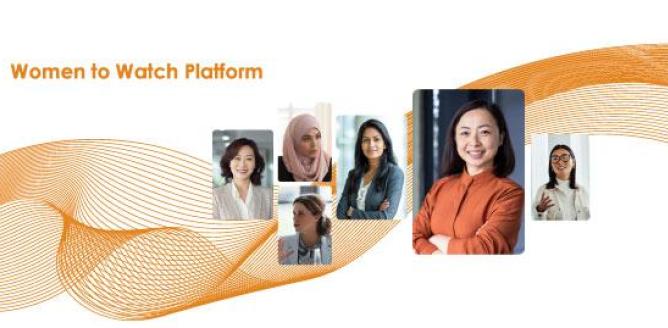“Until we get equality in education, we won’t have an equal society.” – Sonia Sotomayor, US Supreme Court Justice
“The best place in the world to be a woman” is a title repeatedly awarded to Iceland. Part of their success lies in teaching gender equality from a young age. The Hjalli teaching method in particular has become a model for educators who want to root out gender stereotypes early in life.
Wearing gender-neutral uniforms and playing with gender-neutral toys, girls and boys in Hjalli primary schools practice behaviours normally associated with the other sex. For example, girls are encouraged to be brave and to take risks, qualities often seen as masculine. In contrast, boys are urged to be helpful and caring, traits frequently viewed as feminine.
“Research suggests that in later years children from this school have a greater understanding of gender equality when compared to children from other schools,” The Economist said in a video segment about the Hjalli education.
The Icelandic schools are not alone in challenging gender stereotypes. Organisations and individuals have also developed creative ways of combatting gender stereotypes for young audiences. An app called “Lessons in Herstory” is an attempt to address gender inequality in school lessons. When students scan a portrait of a man in their history textbook with the augmented reality (AR) app, they receive a related story about a forgotten woman from that point in history. Cartoonists like Damian Alexander and Elise Gravel are challenging gender stereotypes in fun, relatable ways.
The reinforcement of gender stereotypes is rife in many Hong Kong schools. School textbooks often reinforce gender stereotypes, while school uniforms are still rigidly based on gender. A study commissioned by TWF last year showed that female students are frequently seen as not having natural talent in STEM subjects unlike their male counterparts who are seen to have inborn talent.
All of TWF’s programmes are designed with a gender lens to challenge gender stereotypes. We work with students to cultivate an open mindset and to develop passions and interests which may fall outside of gendered norms. However, to have a lasting effect, we know these learnings need frequent reinforcement and support from parents, schools and the community. We hope some of the examples above can inspire us all to address gender stereotypes, no matter how small it might be.
TWF Submission in Response to the HKEX ESG Consultation Paper
On July 19, TWF submitted its response to HKEX’s Consultation Paper on the Review of the Environmental, Social and Governance Reporting Guide. Hong Kong lags behind other markets not only with respect to gender diversity at board level (women comprise only 13.5% of directors on HSI-listed boards) but also within our workplaces. If Hong Kong is to continue to build a deep talent pool of female candidates for board roles across the city it must also commit to developing this female talent pipeline in its workforce. While we welcomed the proposals to introduce Mandatory Disclosure Requirements outlining the Board’s governance role in ESG issues and that Social KPIs were proposed to be amended from voluntary disclosure to “Comply or Explain”, we considered the overall approach to be a missed opportunity that does not recognise the importance of diversity as either a fundamental aspect of corporate governance or a wholesale non-financial risk issue to be mitigated by issuers. We look forward to the response of HKEX to the consultation and in working with them and the community to continue developing the female talent pipeline.
Get in touch at Fiona.Nott@twfhk.org





















